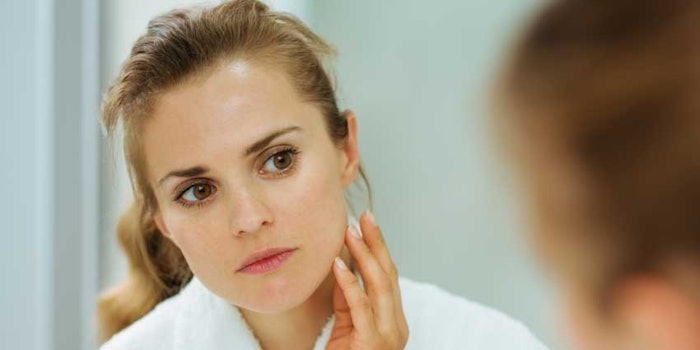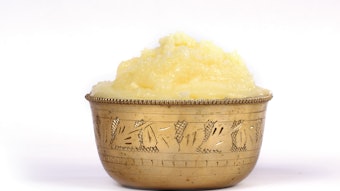
A new Psychological Science study has found people who have a concern for germs trigger the “behavioral immune system,” which then leads individuals to worry about their physical appearance.
“The behavioral immune system helps us search out signs of infection in others, even signs that are innocuous and don't actually indicate infection, and often leads us to avoid those people,” said Joshua M. Ackerman, University of Michigan psychological scientist and lead author on the new research. “Our findings show that when people are worried about pathogens, they also evaluate their own physical appearance, which motivates them to pursue behaviors and products intended to improve appearance, including exercise, makeup and plastic surgery.”
“This work is important because it demonstrates situations when people may engage in problematic health behaviors and spending, but also because it suggests that we might improve some of the negativity people have about their appearance by alleviating their concerns about infectious disease,” he added.
Infection Threat and Self-image
Along with coauthors, Joshua M. Tybur of Vrije Universiteit Amsterdam and Chad R. Mortensen of Metropolitan State University of Denver, Ackerman conducted a series of seven studies to examine the connection between infection threat and self-image.
One experiment assigned 160 participants to read one of two scenarios: volunteering at a hospital—a pathogen threat—or organizing a home workspace—a controlled space. After each read scenario, the participants were given fictitious money to spend as they wish to improve personal traits such as kindness, creativity, work ethic, intelligence, humor or physical attractiveness.
Results showed the participants who read about volunteering at a hospital and worried about germs also showed concern over their appearance and wished to spend their budgets on improving physical attractiveness.
Other studies showed reading about potential pathogens boosts participants’ insecurities in appearance and piques interest in cosmetics or even plastic surgery.
Connecting the Findings
“Perhaps the most surprising element in our findings was that infectious disease threat more consistently influenced evaluations of people's own physical appearance than it influenced their evaluations of health,” said Ackerman. “We might expect that worries about disease would have led people to care strongly about their own well-being and take steps to improve it, but this was less common than changes in how people saw their own appearance.”
Upcoming studies are looking to examine whether interventions such as handwashing will disconnect the relationship of pathogen threat and appearance concern.
Source: ScienceDaily










